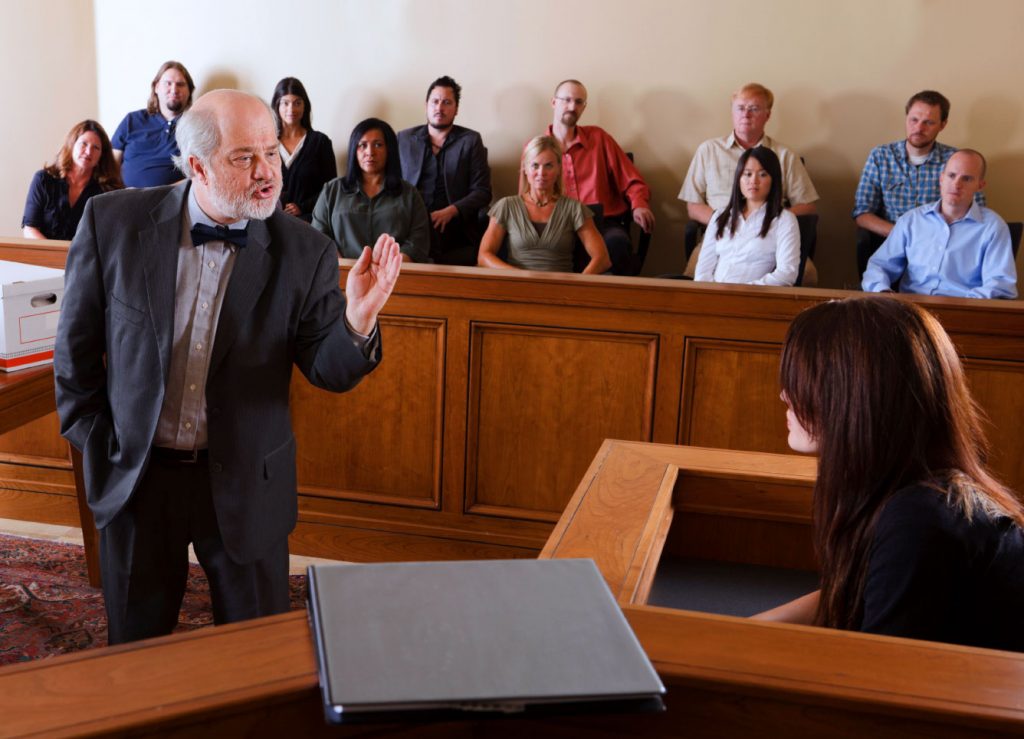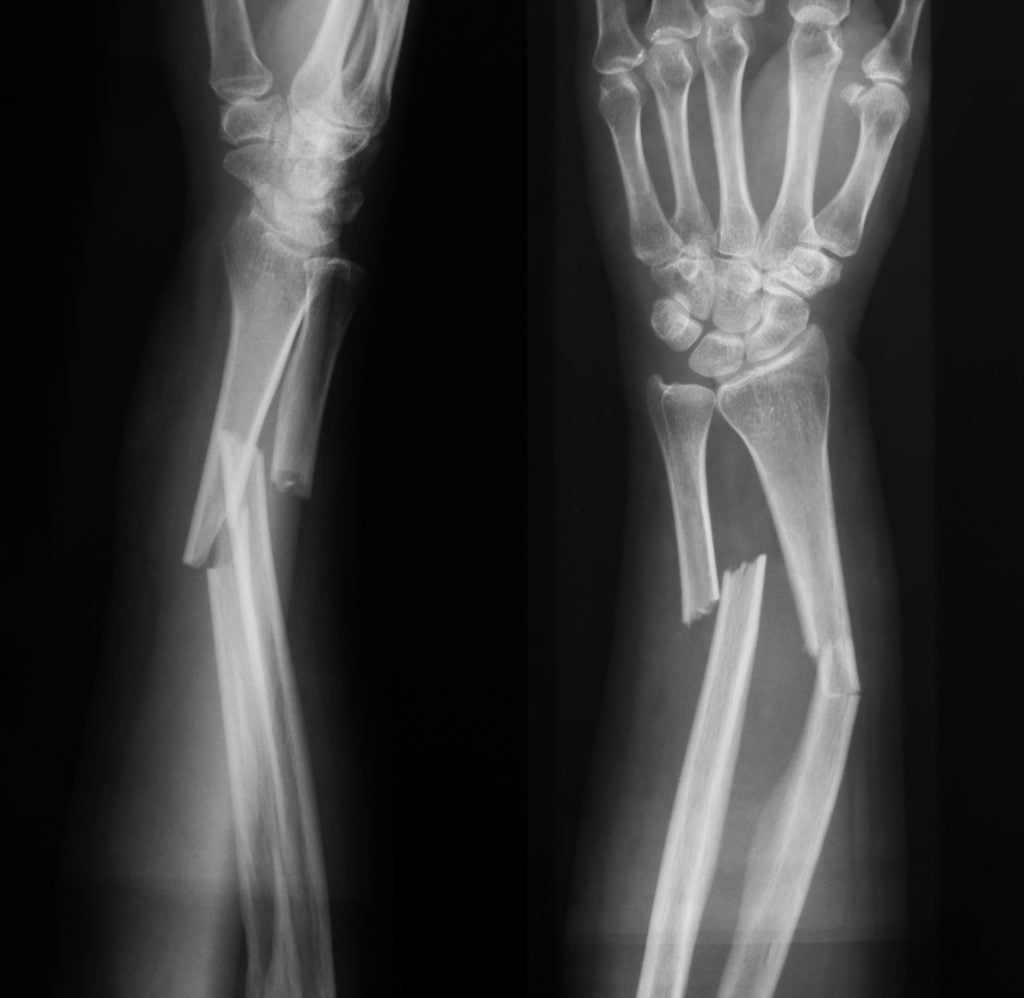
Preparing to cross-examine a defense expert witness is part of every case that approaches trial. For most of the case, all that I have from the defense expert is a three-page letter relating the expert’s opinions and his curriculum vitae or resume. That is not much information to go on. A typical letter from a typical defense expert says that the expert reviewed the patient’s records, met with the patient, and concluded that there was no connection between the incident and the patient’s injury, and that the patient is fully healed or some variation on that theme.
Clients are always astounded that defense experts will offer such an opinion, but it is merely a money-making operation for the doctors. Often, the experts in auto cases make a lot of money reviewing hundreds of cases for insurers and have their own private practices, where they see patients. They assume that most cases will settle without the need for their testimony. But, the combination of overly busy experts with no real preparation makes the defense expert an easier target than one would expect.
Everyday personal injury cases are generally not as high stakes for the defense as other larger cases. So, for example, I will see a lower grade of expert in an auto case than I will see in a medical malpractice case. That is just the reality. The cases simply do not matter to the expert as much as they matter to me or my client. For my client, it’s a question of money to compensate for their injuries. For me, I usually have $10,000 or more on the line if I lose the case.
Like most lawyers, I have had good days with defense experts and bad ones. The best cross-examinations are when the expert’s report simply does not align with the facts. I find that a timeline is often the best offense against a defense expert. (Here is an example of a good cross of an overused expert). Good days are when the expert admits his opinion is wrong or was missing key information. Bad days are when the expert does well and I make no headway. Once I had a doctor tell me that he was not going to explain the shoulder anatomy to me. I thought that it looked arrogant, but the jury accepted what he was saying. You know that you have done a good job cross-examining an expert when the defense lawyer asks if they can refer cases to you in the future.
What are the keys to expert cross-examination? First, preparation goes without saying as that is just part of being a lawyer. Second, I like to have read 2 or 3 prior depositions that the expert has given, just to get a feel for their manner. I had one expert who when asked why he was giving opinions on surgery, but no longer practiced surgery always said, “well my wife is being treated for breast cancer.” He had said this over and over for years and nobody called him on it until I stopped him before he said it in my deposition. Third, collateral source information is key. Just collect it from old depositions. What is collateral source? It is basically information irrelevant to the case, but relevant to the bias of the expert. So, really, it involves how much money the doctor makes from testifying and how many depositions they give and how much of their practice it involves. Often, the specialties such as primary care, neurology, and other low paying doctoring practitioners will supplement their practice income with expert work and will say pretty much anything. The surgeons of the world make more money practicing medicine and are less subject to this cross, but are often more quick to snap when caught on cross. Nevertheless, if I am not doing great on cross, I will always end with asking the doctor if they have made a million dollars doing expert work. Most will agree that they have. Sometimes, I start with that approach if they are overused or good experts. Fourth, one of the few pieces of information the expert provides is their CV or resume. This usually lists the professional groups they are involved with. Most surgeons are members of AAOS, the American Academy of Orthopaedic Surgeons. AAOS publishes a lot of literature that can be used to cross the expert when they start giving opinions that are simply off the reservation or contrary to AAOS.
So, as you can see, there is a lot of work to do to cross even the most broken-down expert. Once upon a time, a lawyer in New York City I worked for was so annoyed with repeatedly seeing the same specialist in high profile malpractice cases that he paid our investigator to simply sit and video whether the expert was actually seeing patients or doing expert work. It turned out that the only people seeing the doctor were the Fed Ex and UPS drivers dropping off records from lawyers. That made for good cross! I generally know I have done a good job if the expert’s testimony is bordering on the laughable. That’s my cousin vinny test.










